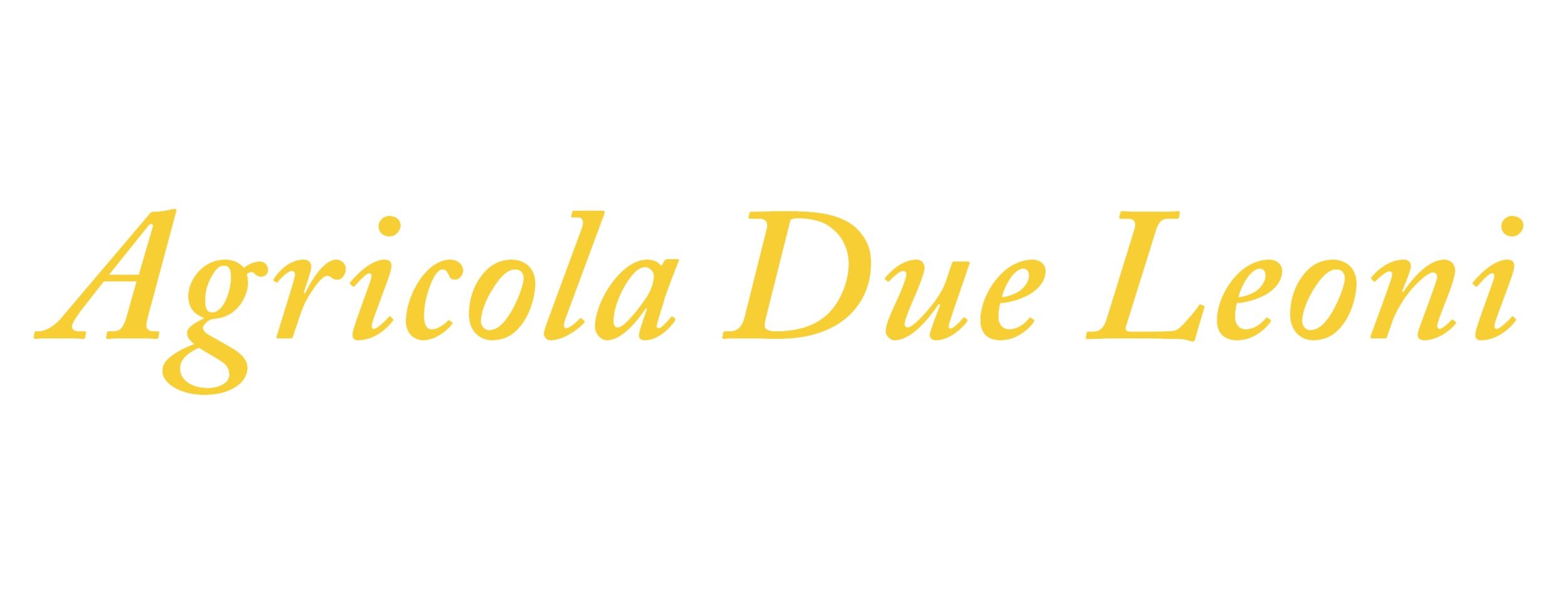Location and Farming
The seat of Agricola Due Leoni is in the village of Castel San Pietro, a separate territory belonging to the municipality of Poggio Mirteto, province of Rieti in the Latium region. The Castle, once fiefdom of the Abbey of Farfa and then of several Roman princely families, is built on the site of the villa of the Roman Emperor Diocletian. Its water reservoir is still visible from the cellars, while the far-away spring from which it was replenished now provides water to our garden, built on the terraces of the villa.
Founded by Giuseppe Catalano di Melilli, Sicilian architect and landowner, Agricola Due Leoni is an agricultural project nestled in the Sabine Hills, one hour north of Rome. The Roman poets Ovid and Horace lauded the region’s oil and wine, while Sabina historically furnished Rome with its bounteous products. In 2008, Giuseppe acquired a small estate built on hanging terraces dating back to Roman times, dotted with hundreds of ancient olive trees. Giuseppe’s family has been in farming for centuries, mainly in the citrus business. A few years ago, he embarked on a project to add olive oil to his line of biological products. The Lazio estate, located at around 400 meters above sea level, is now composed of nearly forty hectares of olive groves, tree-lined grazing lands and woods, cultivated using biological methods.
The predominant variety is the Carboncella olive, reputed for its piquant bitter taste. Its resistance to picking means that it is mostly hand-harvested. On the steep slopes of a geological mixture of small pebbles, locally called “sasso”, the Carboncella Antica mono-varietal is obtained. On the earthier soils, from which the monovarietal Carboncella also issues, the Leccino and Frantoio olive varieties join Carboncella in the Locus blend. Due Leoni is harvested by hand with the care of an artisanal product, in the best tradition of Italian agriculture, which spans millennia with its wisdom, spiritual, and health benefits. Only an olive’s throw away from Rome.
Following tradition, we introduced an ever-growing flock of sheep to graze the fields and provide natural fertilization. We also utilize a modest quantity of industrial, yet biological fertilizers and make use of mechanical machinery to control vegetation on the soil.
Pruning is provided manually with electric clippers for the yearly growth. Motor-saws are needed only for major reform pruning, necessary to reshape trees that were brought up following the traditional globe pattern now abandoned toward the poly-conical vase-shaping that allows more even exposure to the sun and all cultural operations done from the ground, without ladders, adding substantial safety for the workers’ tasks. This process will continue for a number of years.
Harvesting is done mainly manually in the oldest plots and with compressed air facilitators in the remaining.
Milling takes place just a few hours after harvest at the certified organic mill “Il Frantoio di Galloni C. e Bettucci P. snc.” in proximity to our fields. The EVO is certified organic by “Suolo e Salute srl”, IT-BIO-004.

